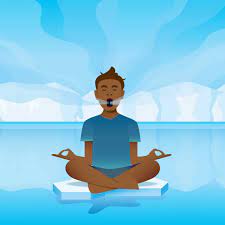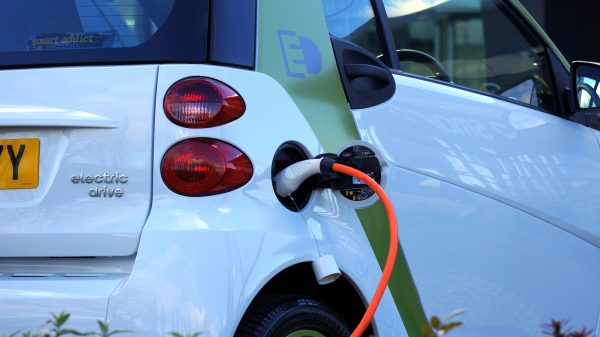Is Breathwork the New Meditation? Recent Study Reveals It May Be More Beneficial

This month Stanford School of Medicine published an experiment revealing that breathwork encourages a reduction in respiratory rate and improves mood more effectively than meditation; both decelerate negative emotions including anxiety. Meaning, breathwork is a sufficient stress management exercise.
Recently, meditation has been a popular trend. It is considered a practice of personal well-being by increasing physical health and energy flow, and it can physically change your brain: it decreases activity in the amygdala which is related to fear, stress, and anxiety, which indirectly increases memory and focus.
Instead, 5 minutes of daily structured breathing or breathwork better-reduced anxiety and increased mood, while diluting physiological arousal (heart rate and respiratory rate). The type of breathing also matters. The study shows that physiological sighing is more productive than box breathing or cyclic hyperventilation.
Physiological sighing is defined as two inhales through the nose that fills the lungs, then a full exhale through the mouth. As compared to box breathing, which is breathing with the inhale-hold being equal to the exhale-hold. Or, cyclic hyperventilation: nasal inhales with a mouth exhale for 25 cycles, then a 15-30 second holding of the breath when the lungs are empty.
The experiment featured 108 participants 18 and older undergoing repeated measures through a randomized control design all online over 28 days. Randomly, 24 were assigned to the Mindful Meditation treatment, 30 to Cyclic Sighing, 21 to Box Breathing, and 33 to Cyclic Hyperventilation with Retention.
Before and after the experimental period the individuals answered two questionnaires, one on sleep and the other on anxiety. Each day, they did their 5-minute practice and filled out an additional questionnaire before and after the completion of the exercise.
Dr. Andrew D. Huberman, one of the scientists that were involved in the experiment advised on Instagram that “If you’re interested in potent stress reduction practices these zero cost methods can help,”
Hey everyone! My name is Sarah and this is my first year on staff. I’m so excited to be the editor for the sports section and get first-hand experience...











